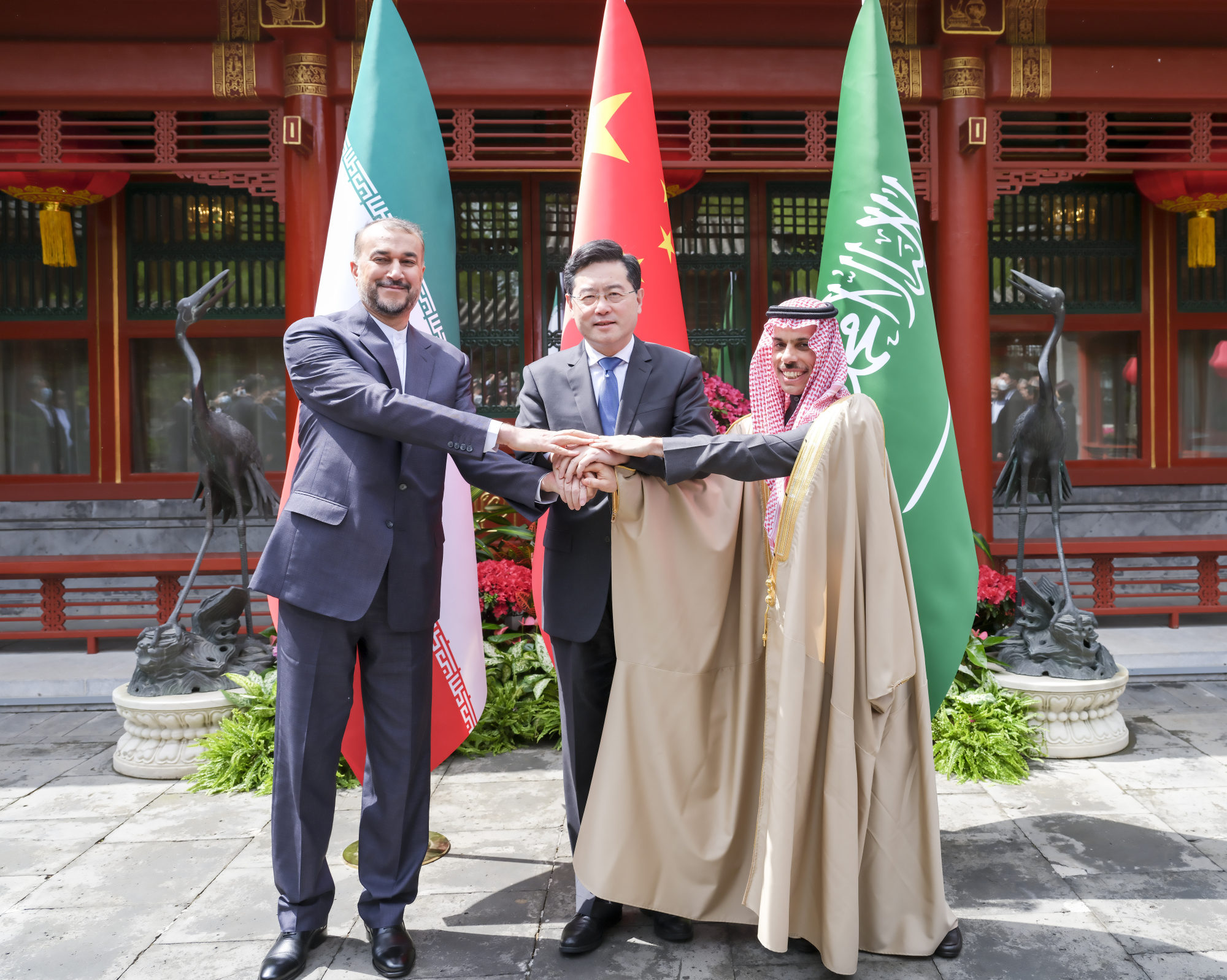
China’s outreach to Syria signals its growing sway in Middle East as counterweight to West
- Syrian President Bashar al-Assad’s visit to Hangzhou underscores Beijing’s aim to broaden its regional influence beyond trade
- But China’s aim to play a bigger role in the Middle East is being constrained by its own economic slowdown
President Xi’s stance on Syria can be succinctly summarised in his assertion that “China supports Syria in conducting reconstruction, enhancing counterterrorism capacity building, and promoting a political settlement of the Syrian issue following the ‘Syrian-led, Syrian-owned’ principle”.
How are China’s belt and road plans for Southeast Asia working out, 10 years on?
Beijing has been steadfast in its commitment to promoting a Syrian-led political resolution since the outset of the civil war. Syria was among the first Arab nations to recognise the People’s Republic of China, but another catalyst for Beijing’s support has been its concerns that the Arab spring would spread across the region.
Regarding reconstruction, Damascus’ hopes have soared since the 2018 Reconstruction and Trade Summits, during which numerous Chinese state-owned enterprises pledged US$2 billion in investments. In 2019, according to the Chinese Ministry of Commerce, bilateral trade reached US$1.3 billion. Yet despite China’s provision of medical equipment during the Covid-19 pandemic, its economic and financial engagement with Syria has been ebbing.

The true allure of reconstruction projects in Syria lies not so much in energy and natural resources – as it has less to offer compared to its oil-rich Middle Eastern neighbours – but in the geopolitical significance of its two ports, Tartus and Latakia, in the Levant. The ports are strategically located near other container terminals that are part of China’s belt and road plans, such as Piraeus in Greece, Haifa in Israel, and Tripoli in Lebanon.
Chinese leader calls for lifting of ‘illegal’ sanctions on Syria
Therefore, the recent Chinese-Syrian summit serves to underscore how China is broadening its traditional focus and moving beyond mere trade partnerships in the region, while treading cautiously when it comes to political matters.
Beijing’s diplomacy, from brokering a detente between Saudi Arabia and Iran to engaging in reconstruction efforts in Syria, underscores the idea that economic development and security stabilisation are interlinked – promoting, at the same time, China as an alternative player to Western countries in the Global South.
While the meeting with the Syrian president bestows upon China another diplomatic arrow in its quiver to position itself as a peacemaker in the Middle East, the true test will lie in how Beijing can effectively provide reconstruction help to a war-ravaged nation amid mounting economic constraints at home.
Alessandro Arduino is an affiliate lecturer at the Lau China Institute and King’s College London. He is the author of Money for Mayhem: Mercenaries, Private Military Companies, Drones, and the Future of War.

